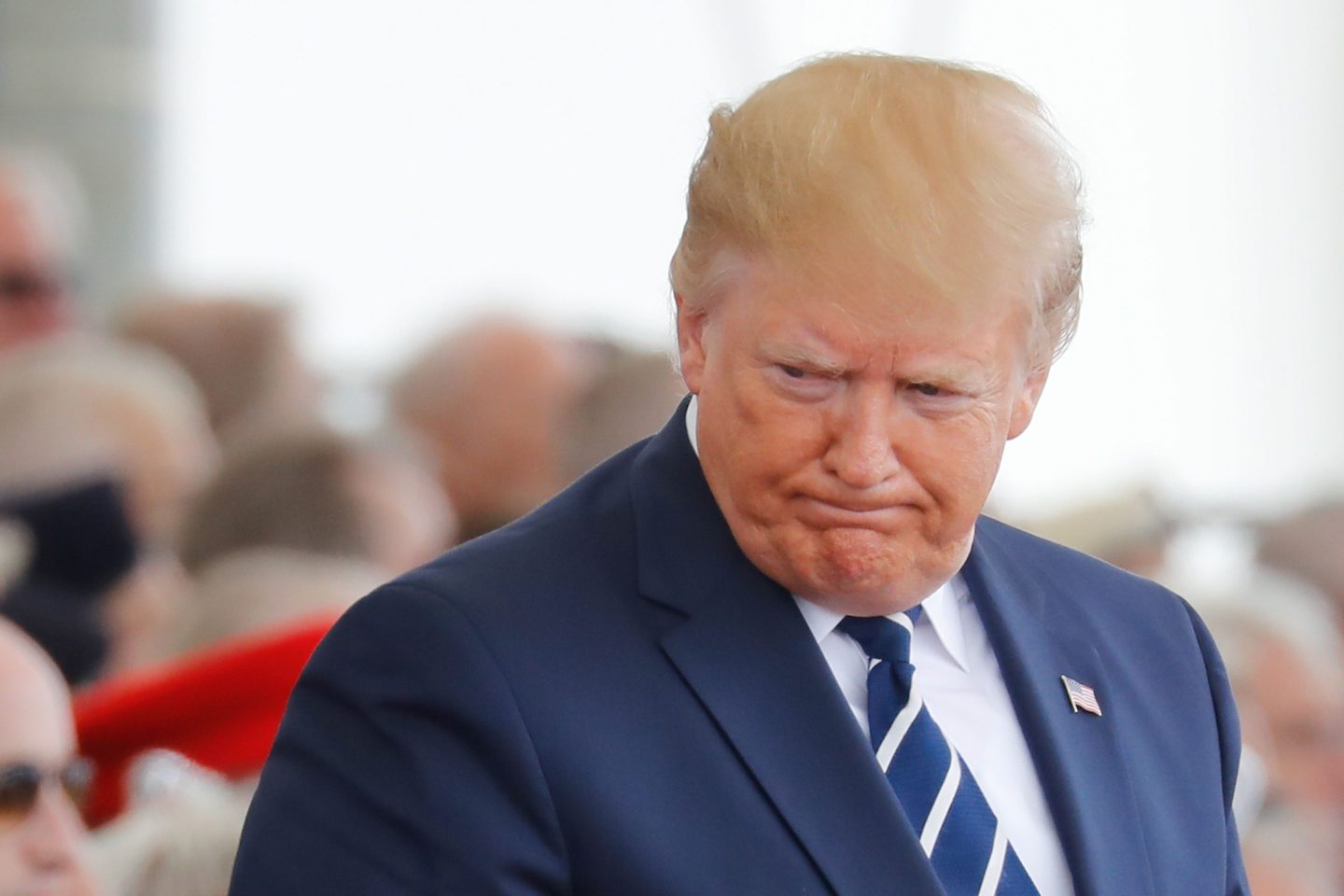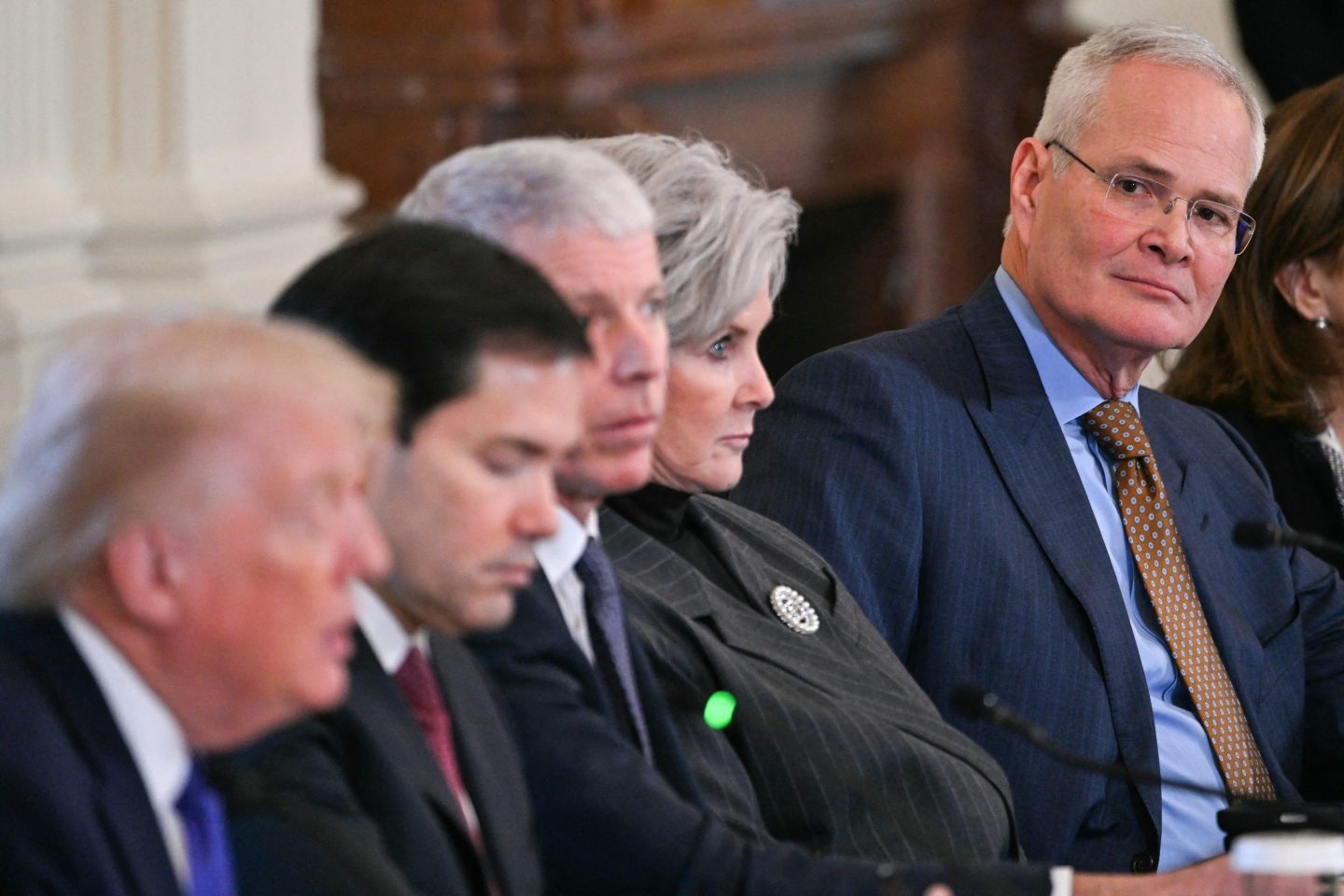The ruble may not be showing it, but Western economic sanctions imposed against Russia are working.
In revealing testimony before the Duma parliament, the head of the Central Bank of Russia (CBR) told the country’s lawmakers she had to throw everything but the kitchen sink just to prevent a full-blown run on the banking system.
“The sanctions imposed against Russia affected the situation in the financial sector, spurred the demand for foreign currencies, and caused fire sales of financial assets, a cash outflow from banks, and surging demand for goods,” said Elvira Nabiullina in prepared remarks first published in English on Friday.
The frank assessment of Russia’s economic problems contrasts sharply with political attacks launched against the current U.S. Administration for a sanctions policy that failed to force Vladimir Putin to the negotiating table.
Presenting the CBR’s annual report to parliament this week, Nabiullina painted a picture to lawmakers of just how grim the situation was that confronted her.
Depositors withdrew 2.4 trillion rubles in the first weeks after the war broke out, eating up a year’s worth of bank profits and a third of its accumulated capital cushion.
Without the imposition of strict capital controls, there would have been “a series of defaults and a domino effect” throughout the financial system, she argued.
It doesn’t end there, either, not by a long shot, as businesses have flashbacks to what it was like when the coronavirus pandemic hit.
“Loan repayment holidays were resumed. Currently the demand for them is comparable with the first month [of] the 2020 lockdown.”
Numerous moratoriums have also been granted that ease the regulatory requirements for banks, with accountants effectively allowed to freeze the value of the assets on their balance sheets at artificially high pre-crisis levels.
Marking them down to reflect the reality of Russia’s shrinking economy would only trigger a crippling wave of deleveraging among lenders—either through divestments, a withdrawal of credit to the economy, or a mixture of both.
“Today’s scale of the regulatory easing is unprecedented,” she admitted, arguing that otherwise easing measures would not have been commensurate to the scale of problems faced.
Since foreign reinsurers are canceling their contracts with Russian companies, Nabiullina’s central bank was forced to hike the guaranteed capital to the Russian National Reinsurance company 10-fold to ensure there was enough reserves to cover insured losses.
Pain only now beginning
While all of these measures and many more the CBR instituted may have prevented a meltdown in the banking system, companies starved of key raw materials and choked off from their export markets will experience severe pain as they scramble to adjust.
“The sanctions have affected the financial market, but now they will start to impact the real economy increasingly more significantly,” the governor said.
Despite inflation surpassing 9% in February, her monetary policy committee will target a return only back to 4% for 2024. Nor would they intervene if consumer prices run hot in the meantime.
Nabiullina said this was a natural and inevitable process as supply chains adjust to the sanctions. The central bank, in other words, is helpless in this regard as hiking its 17% benchmark rate would not resolve the coming supply-side restrictions.
“Currently this problem might not be as acute because the economy still has inventories, but we can see that the sanctions are being tightened almost every day,” Nabiullina added, predicting there was no way of telling how long this will potentially last.
“Already in the second quarter, beginning of the third quarter, we will actively enter a period of structural transformation and the search for new business models for many enterprises.”
Translation: Russian companies haven’t even begun to feel the pain.
Never miss a story: Follow your favorite topics and authors to get a personalized email with the journalism that matters most to you.












